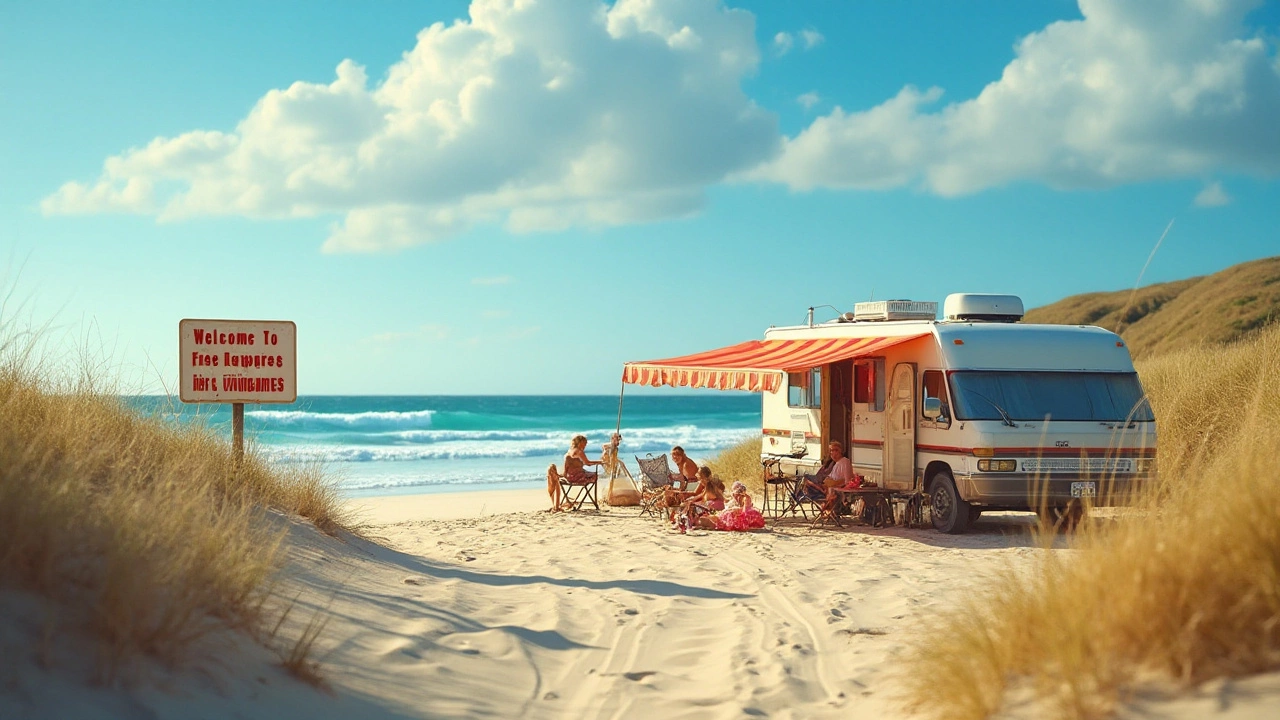RV Camping Laws – Your Quick Guide to Staying Legal on the Road
Before you park your motorhome for the night, you need to know the rules that govern where you can stay. Ignoring local laws can lead to tickets, fines, or even being asked to move. This guide breaks down the most common regulations in the UK and the US so you can camp with confidence.
UK Motorhome Rules: Stealth Camping and Wild Campsites
In Britain, you can’t just pull over anywhere and set up camp. Most councils consider motorhomes parked on public roads as “parked vehicles,” not as a legal campsite. That means you need permission or a designated spot. The safest bet is a certified motorhome site, a caravan park, or a campsite with a hard‑standing area.
If you prefer stealth camping—sleeping in a hidden spot without facilities—there are a few things to watch. First, avoid residential streets and private property unless you have explicit permission. Second, stay under the radar: keep lights off, limit noise, and leave no trace. Third, be aware of local bylaws; some counties treat a motorhome parked for more than a few hours as an illegal overnight stay.
Our post Is Stealth Camping Legal in the UK? dives deeper into the specific risks and insider tips for staying out of trouble. In short, if you’re unsure, ask a local shop or landowner. A quick conversation can save you a ticket.
US Boondocking, Parking, and State‑Specific Rules
Across the United States, the word “boondocking” usually means parking for free on public land. National forests, BLM land, and some state parks allow dispersed camping, but each agency has its own limits. For example, most BLM areas let you stay up to 14 days on the same spot, then you must move at least 25 miles away. National forests often require a permit for groups larger than a few vehicles.
Walmart parking lots have become a popular boondocking hack, but they’re not a guaranteed right‑to‑stay. Store managers can ask you to leave at any time, and some locations have posted “no overnight parking” signs. If you decide to try it, arrive after business hours, keep a low profile, and respect any posted rules.
Our article Is Boondocking at Walmart Safe? gives real‑world stories and tips on how to stay safe and courteous. Remember, every state can have its own roadside parking limits, especially in urban areas, so always check local ordinances before you settle in.
Whether you’re travelling the Scottish Highlands, the Welsh coast, or the American Southwest, the key is planning ahead. Use apps or websites that list official motorhome sites, and keep a backup plan in case your first spot turns out to be off‑limits.
Finally, keep essential documents handy: registration, insurance, and any permits you’ve obtained. A quick glance at a nearby police officer or land manager can clarify whether you’re allowed to stay.
By understanding the basic rules in both the UK and the US, you’ll avoid unpleasant surprises and focus on what matters most: enjoying the freedom of the open road. Safe travels!
-
 VIEW POST
VIEW POSTLegal Insights on Boondocking at Beach Campsites Across the U.S.
Dec, 14 2024|0 CommentsBoondocking, or free camping, offers a unique way to explore the natural beauty of beach areas across the United States. However, the legality of boondocking varies widely from state to state, with some places enforcing strict regulations. Whether you're an RV enthusiast or a budget traveler, understanding where you can legally camp without hookups is crucial. This article delves into state-specific laws, offering tips and insights to help you navigate the rules and enjoy your beachside adventures responsibly.